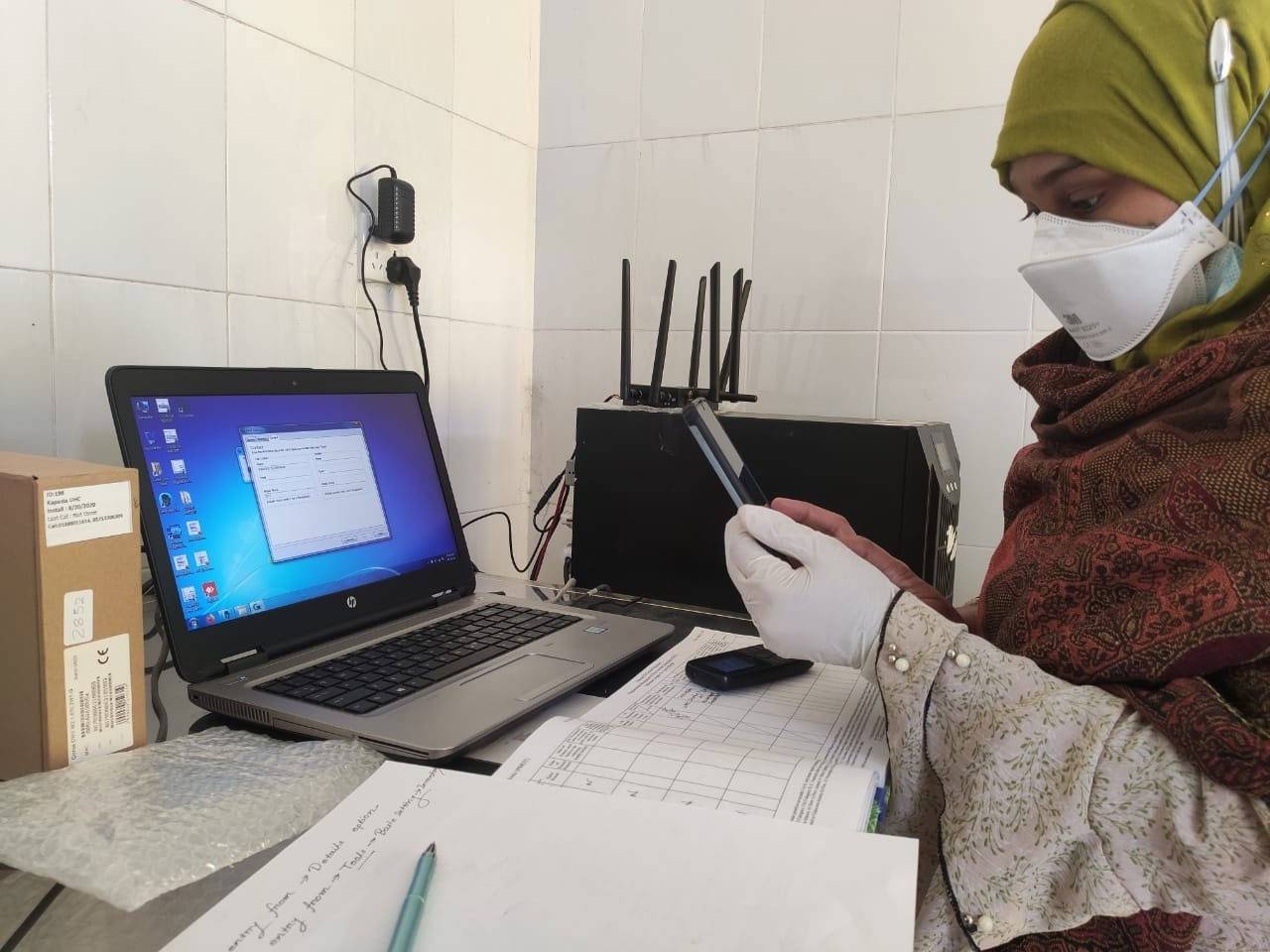
Enhancing Software Quality: The Importance of Software Testing Services
In the ever-evolving landscape of technology, software plays a pivotal role in our daily lives. From mobile applications to complex enterprise systems, software applications have become the backbone of modern businesses and personal interactions. However, ensuring that these applications function reliably, securely, and efficiently is a complex task that requires meticulous attention to detail. This is where software testing services come into play.
The Significance of Software Testing
Software testing is a critical phase in the software development life cycle. It involves evaluating a software application to identify and rectify any defects, bugs, or issues that might affect its performance, security, or functionality. The goal of testing is to ensure that the software meets its requirements and provides a seamless user experience.
One of the primary objectives of software testing services is to maintain and enhance the quality of the software. Through a series of systematic tests, including functional, performance, and security testing, experts can identify weaknesses and areas for improvement.
2. Identifying Bugs and Defects
Bugs and defects can range from minor inconveniences to major system failures. By employing various testing techniques, such as unit testing, integration testing, and regression testing, software testing services can uncover and rectify these issues before they reach end-users.
3. Security and Compliance
In an era where cybersecurity threats are prevalent, ensuring the security of software applications is of paramount importance. Testing services specialize in identifying vulnerabilities and weaknesses in the codebase, helping to safeguard sensitive data and maintain compliance with industry standards and regulations.
4. Performance Optimization
Software testing services evaluate how an application performs under different conditions. This includes stress testing, load testing, and scalability testing. By simulating various user scenarios, testers can identify performance bottlenecks and optimize the software for better responsiveness.
Types of Software Testing Services
Software testing services encompass a wide range of testing types to address different aspects of a software application:
This type of testing focuses on validating that the software functions according to specified requirements. It includes tests for user interfaces, APIs, databases, client/server applications, and more.
2. Performance Testing
Performance testing evaluates the responsiveness, stability, and scalability of an application under different load conditions. This ensures that the software can handle the expected volume of users and data.
3. Security Testing
Security testing aims to identify vulnerabilities and weaknesses in the application’s security measures. This includes tests for authentication, authorization, data encryption, and protection against common security threats.
4. Usability Testing
Usability testing assesses the user-friendliness and overall user experience of the software. It helps identify areas for improvement in terms of navigation, accessibility, and user satisfaction.
5. Compatibility Testing
Compatibility testing ensures that the software functions correctly across different platforms, browsers, and devices. This is crucial in today’s diverse technology landscape.
The Role of Automation in Software Testing
Automation has revolutionized the field of software testing. Automated testing tools allow for the rapid execution of test cases, reducing the time and effort required for testing. This is particularly beneficial for regression testing, where a large number of test cases need to be executed repeatedly.

